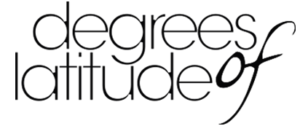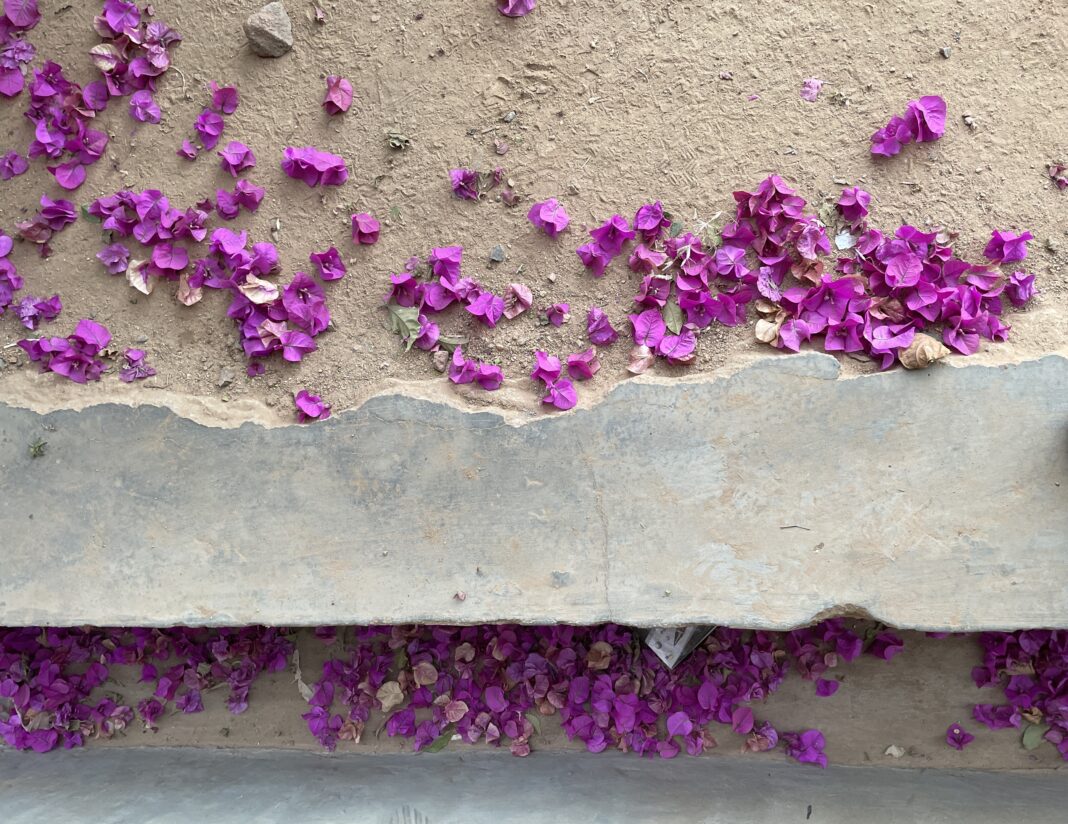Covering a conflict is something to be done on tipotoes, admitting what we do not undersant. A priest reminded me that we, journalists, if not writing from Nairobi (or Rome) leave the Congo at some point. However, our stories remain and they can contribute to exacerbating tentions. I believe it is true. The risk is even more real when “ethnicity” is involved.
In this part of the Congo where I am, there are hundreds of armed groups, an incredbile amount of languages and cultures, an ancient history of land sharing and conflict over land, colonialism and poverty, external interference and exploitation. The facts are difficult to verify, as it happens always in wars. The reliability of sources as well, and logistics drains energy. You can’t do anything else than tell what you see and hear. Listen to as many voices as possible, leaving it to others to divide the world into the good and bad ones.
What is sure is that people are dying, suffering, fleeing their homes. We tell the lights and the shadows, and we ask the questions also to those on the wrong side, and with them we share pieces of life as well.
Yet, before and during this reportage, I realized that our profession is often confused with a sort of political activism, which selects the sources based on who is on the right side. “If you want to help the Congo you have to” (some mostly non-Congolese people told me) … you have to tell the story in this way, listen to this and not give the benefit of the doubt to this other, that it is an ethnic group rather than another, an NGO or a local cooperative, the Church, the refugees, the UN, a politician or a multinational. For a journalist, helping Congo – and every country at war – means moving as in a china shop, in a chorus of voices where every story counts. The only activism for us is to denounce the horrors of war and do our best, with our inevitable personal vision, to denounce those who commit them with facts, admitting, first of all, what we do not know or do not understand.



